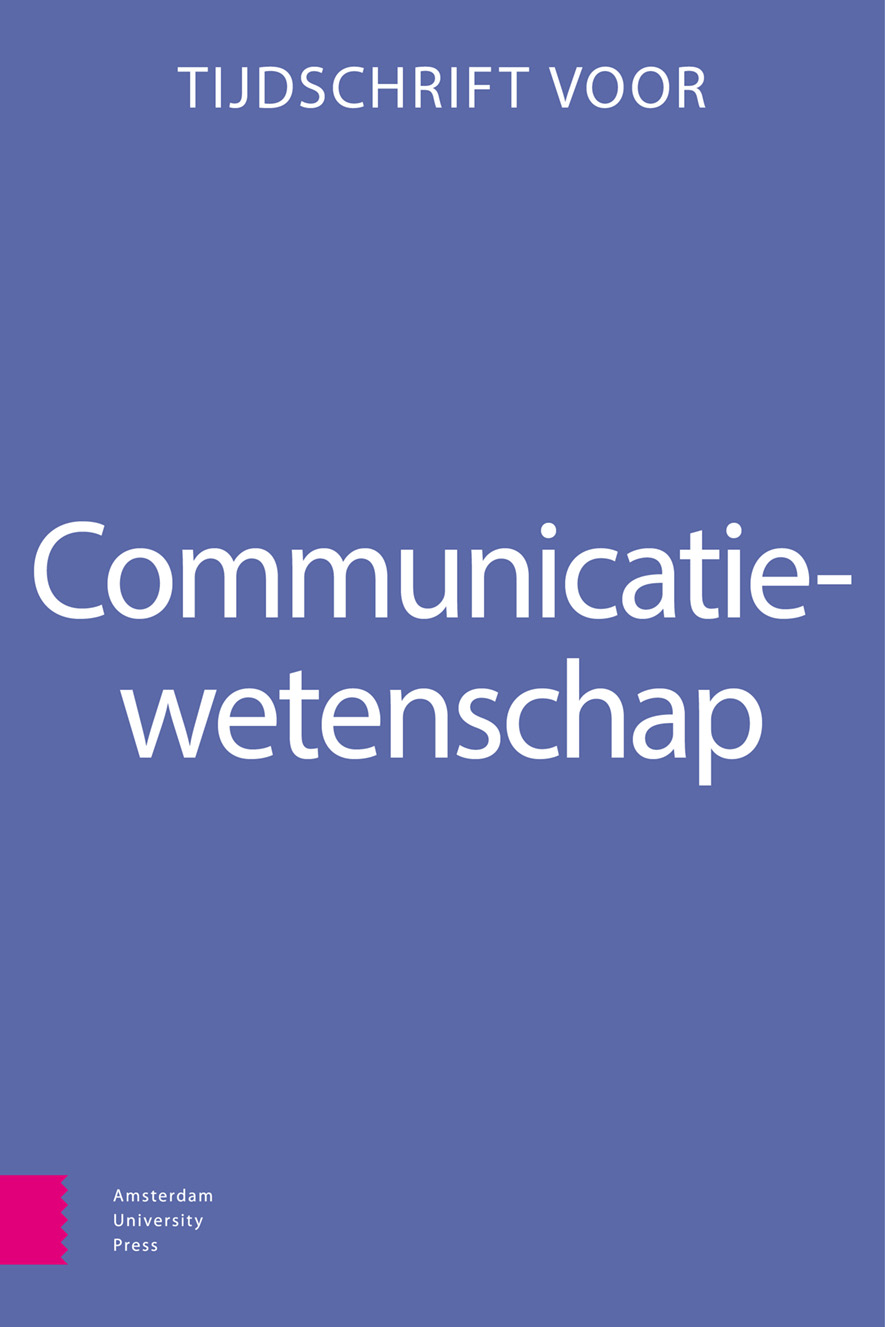-
oa Prosociaal nieuws en prosociaal gedrag in kinderen
Een experimentele studie naar prosociaal televisienieuws voor kinderen en prosociaal gedrag
- Amsterdam University Press
- Source: Tijdschrift voor Communicatiewetenschap, Volume 42, Issue 4, Dec 2014,
Abstract
An experimental study on prosocial television news for children and prosocial behavior
Previous findings have indicated that prosocial children are happier, are more popular, and do better at school. As children devote a substantial amount of time watching television, children’s programming might be an excellent avenue to encourage prosocial behaviour – and, subsequently, well-being in children. In an experimental study among 372 children aged 9 to 13 years, we examined whether prosocial behaviour in children’s television news affects prosocial intentions and behaviours. Children in the experimental condition watched prosocial news showing children organizing a fundraising action for unicef. In the control condition, children watched an item about unicef without prosocial behaviour. After watching, children could donate to unicef which served as an index of prosocial behaviour. Prosocial intentions were assessed with a questionnaire. Findings demonstrated that children who watched prosocial news were significantly more willing to help in setting up a project for unicef at their schools and donated more money to unicef.


